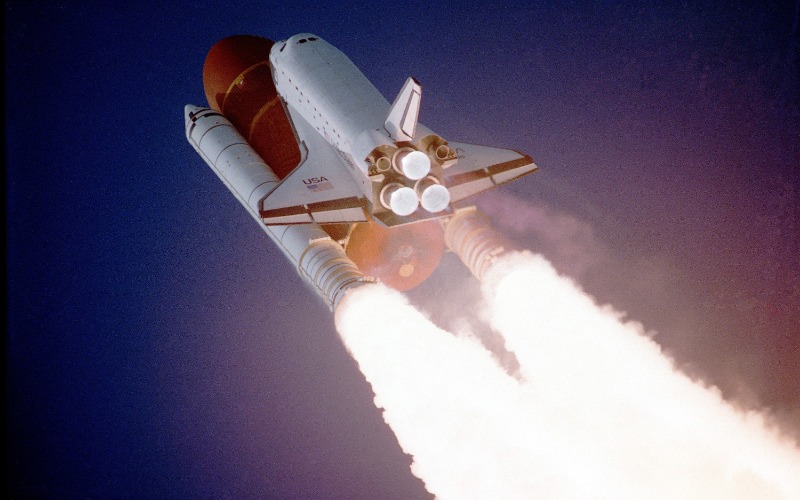Lots has happened this past week in the tech world! With major outages for users on X and X Pro, production of the Apple Vision Pro increasing, new potential buyers coming forward for the United Launch Alliance, and more, there’s much to catch up on. So, let’s get started!
Major Outages for Users on X and X Pro
Social media platform X has been restored after experiencing widespread disruptions early morning on Dec. 21. More than 77,000 tech users in the U.S. encountered difficulties accessing the platform. Similar issues were reported by users in Canada, Britain, France, and other nations, impacting both X and X Pro.
Downdetector data reveals that over 7,000 users in Canada and Britain experienced the disruption. The cause of the outage remains unknown, and attempts to contact X’s communications and support teams via email were unsuccessful.
Production of Apple Vision Pro Increases
Apple is increasing the production of its Vision Pro mixed-reality headset, with plans for a potential launch in Feb. 2024, per Bloomberg News. The tech production of the new headset has been running at full capacity in Chinese facilities for several weeks, aiming to have customer-bound units prepared by the end of Jan. 2024. The Vision Pro, initially priced at $3,499, was launched in June, and its availability in the U.S. was anticipated by early 2024.
New Potential Buyers for United Launch Alliance
Companies such as Jeff Bezos’ Blue Origin and private equity firm Cerberus have expressed interest in purchasing rocket company United Launch Alliance (ULA), according to sources cited by the Wall Street Journal on Dec. 21.
ULA is jointly owned by Lockheed Martin and Boeing, with Textron also showing interest in the acquisition. ULA, which produces one of the launch vehicles for Amazon’s satellite internet network, Kuiper, has faced delays in developing its new rocket, Vulcan Centaur. The bidding price and the likelihood of a deal haven’t been determined.
US to Begin Survey Addressing Security Concerns
The U.S. Department of Commerce announced an upcoming survey of the U.S. semiconductor supply chain and national defense industrial base to address national security tech concerns related to Chinese-sourced chips. The survey aims to identify how U.S. companies are procuring “legacy chips,” referring to current-generation and mature-node semiconductors. This initiative is part of the department’s efforts to distribute nearly $40 billion in subsidies for semiconductor chip manufacturing and is set to begin in Jan. The overarching objective is to mitigate national security risks associated with China’s activities in the legacy chip production space.
Several Authors Join Microsoft Copyright Lawsuit
A group of 11 nonfiction authors, including Pulitzer Prize winners Taylor Branch, Stacy Schiff, and Kai Bird, have joined a lawsuit in a Manhattan federal court, accusing OpenAI and Microsoft of improperly using their books to train models for AI-based software. The authors argue that the companies violated their copyrights by utilizing their works to train OpenAI’s GPT large language models. The lawsuit filed by writer and Hollywood Reporter editor Julian Sancton includes Microsoft as a defendant alongside OpenAI.











